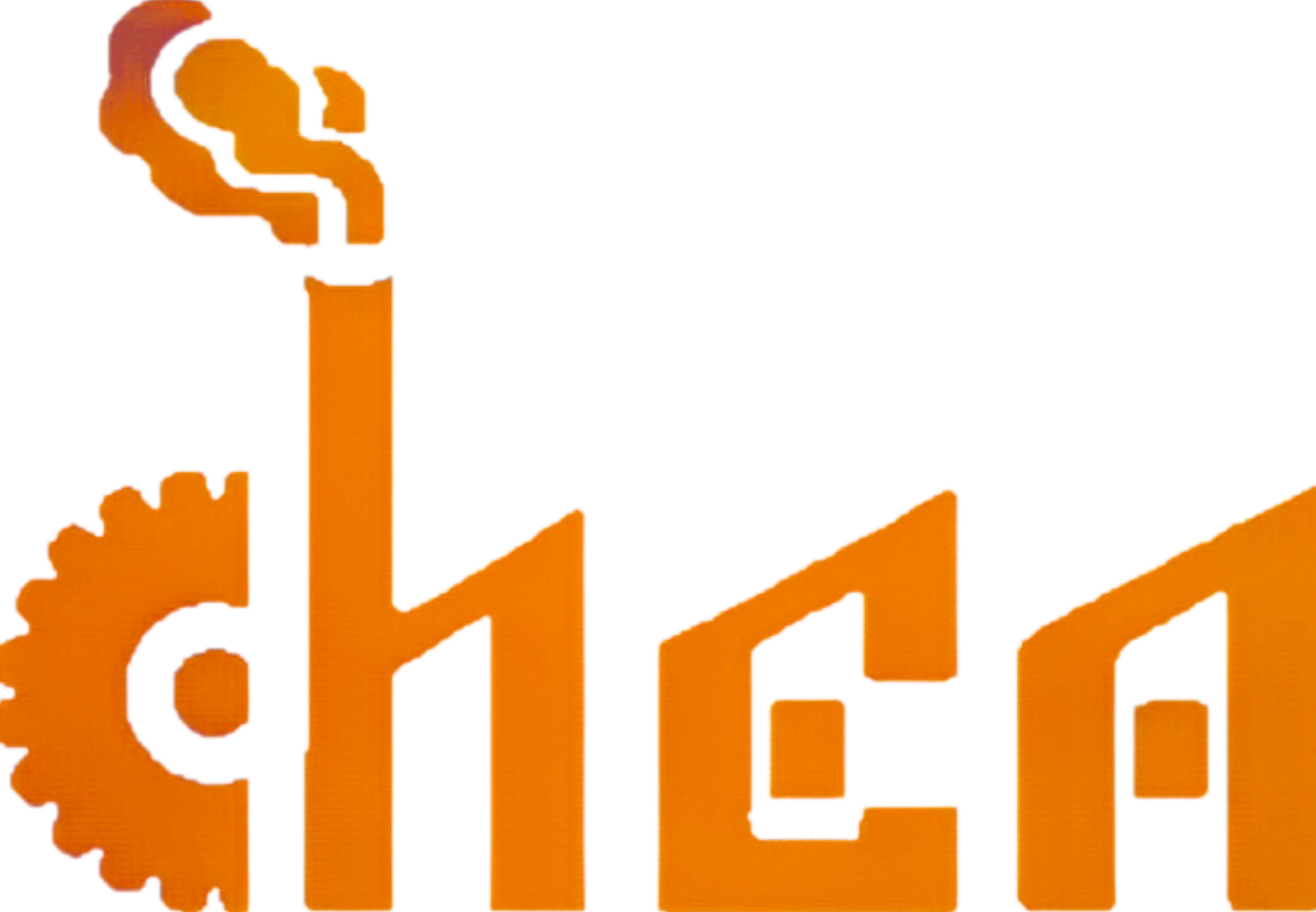ChEA BLOGS
Samagra Jain | Miebech Consulting

How did you decide on the specific role and company you wanted to apply for?
Deciding on the specific role was a process of elimination for me. I believe it’s more important to know what you don’t want to do than to figure out exactly what you want to pursue. Around my second year, I made a list of potential fields that interested me and began exploring them through internships and projects. Over time, I realized that supply chain consulting aligned with my academic minor, family background, and personal interests. This field not only allowed me to incorporate my passion for supply chain but also offered the opportunity to work across multiple MNCs, gaining insights into their operations instead of being confined to a monotonous job.
Was the domain you applied for during placements the same as the one you interned in during your third year? If not, why so?
No, it wasn’t. During my third year, I interned at ITC, but I didn’t enjoy the company structure, hierarchy, or overall experience. However, I was intrigued by the nature of the work they were doing. When it came to placements, I prioritized consulting, FMCG, and product management, in that order, based on my interests and learnings from the internship.
How was the selection process, and how did you prepare for it?
The selection process for Miebach Consulting was fairly standard. It involved two rounds.
The first was a case round where candidates solved one or two cases.
The second round was conducted by a partner and involved a smaller case discussion along with other questions. I prepared for these rounds using CIC and IIM ABC case books and buddy cases from other firms. Additionally, I prepared a set of specific and unique questions to ask the interviewer, which helped me stand out during the process.
What were the shortlisting criteria for the company?
Although the exact criteria weren’t disclosed, I believe the company used a CPI filter and looked for "peaks" in resumes, particularly those aligned with supply chain-related experiences.
How many students were there initially who applied or got shortlisted?
Around 25 students were initially shortlisted, and 15-18 continued on the second day of the process.
What were the different rounds?
The process included two rounds:
1. A case-solving round with one or two cases.
2. A final round with a partner, which involved a small case and additional discussions.
Are there any repetitive questions or cases that you noticed, especially in HR or GD?
Rather than specific repetitive questions, the key was understanding that interviewers focus on the logic and steps you take to solve problems rather than just the final answer. For HR, it’s essential to know your resume thoroughly and be prepared to discuss the industries or domains you’ve worked in.
How did you prepare for each round?
I practiced various types of cases, including guesstimates, profitability, market entry, and unconventional ones. Additionally, I ensured I was thorough with my resume and had a clear understanding of the industries mentioned. Reviewing consult case books and practicing with peers helped me refine my approach.
Are there any resources or tips that you would like to share?
Use CIC and IIM case books for case preparation.
Be thorough with your resume and understand the industries you’ve worked in.
Stop intensive preparation a day or two before your interviews and focus on reviewing company details and past experiences.
Prepare a few unique questions to ask the interviewer to stand out.
If you had to do your preparation all over again, what changes would you make?
If I were to prepare again, I’d focus on clarity early on. I decided quite late whether to prioritize consulting or product management, which left me with less time to practice cases. Starting earlier would have helped me prepare more effectively.
What is your current exact role in the company?
In my current role as an associate consultant, I work on core data analysis, benchmarking, creating digital twins of network layouts (if required), client meetings, and stakeholder management.
Key learnings from the process and a final note for fourth-year students.
The placement process taught me the importance of thorough preparation and clarity. If you’re sitting for consulting roles, ensure you’ve practiced enough cases across various scenarios, such as guesstimates, profitability, market entry, and unconventional problems. A day or two before your interview, stop intense preparation and focus on revising your resume, company details, and past cases. Confidence and attention to detail during the interviews are crucial.
Finally, remember that placements are as much about self-discovery as landing the right role. Embrace the process and stay open to learning from every experience.
